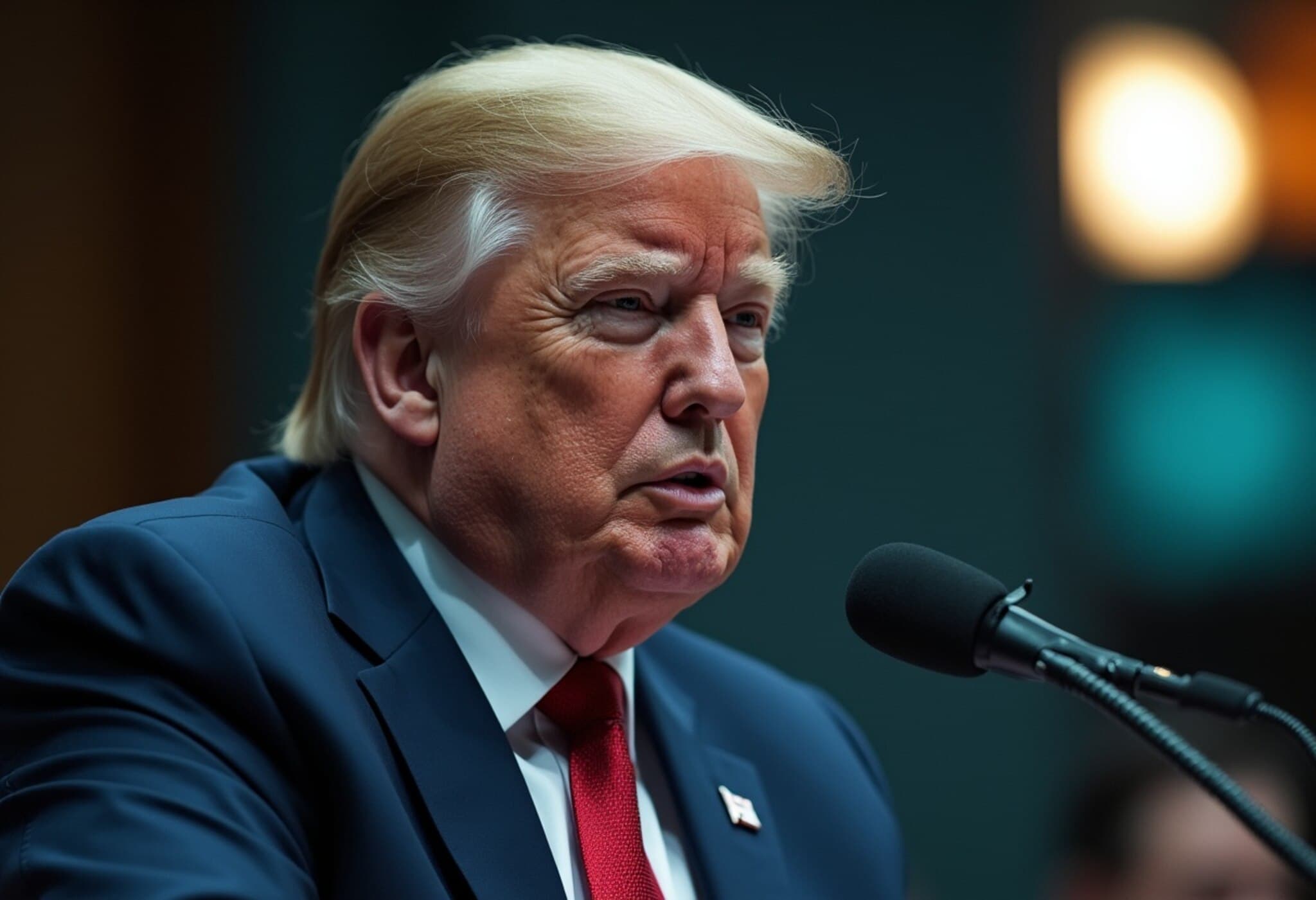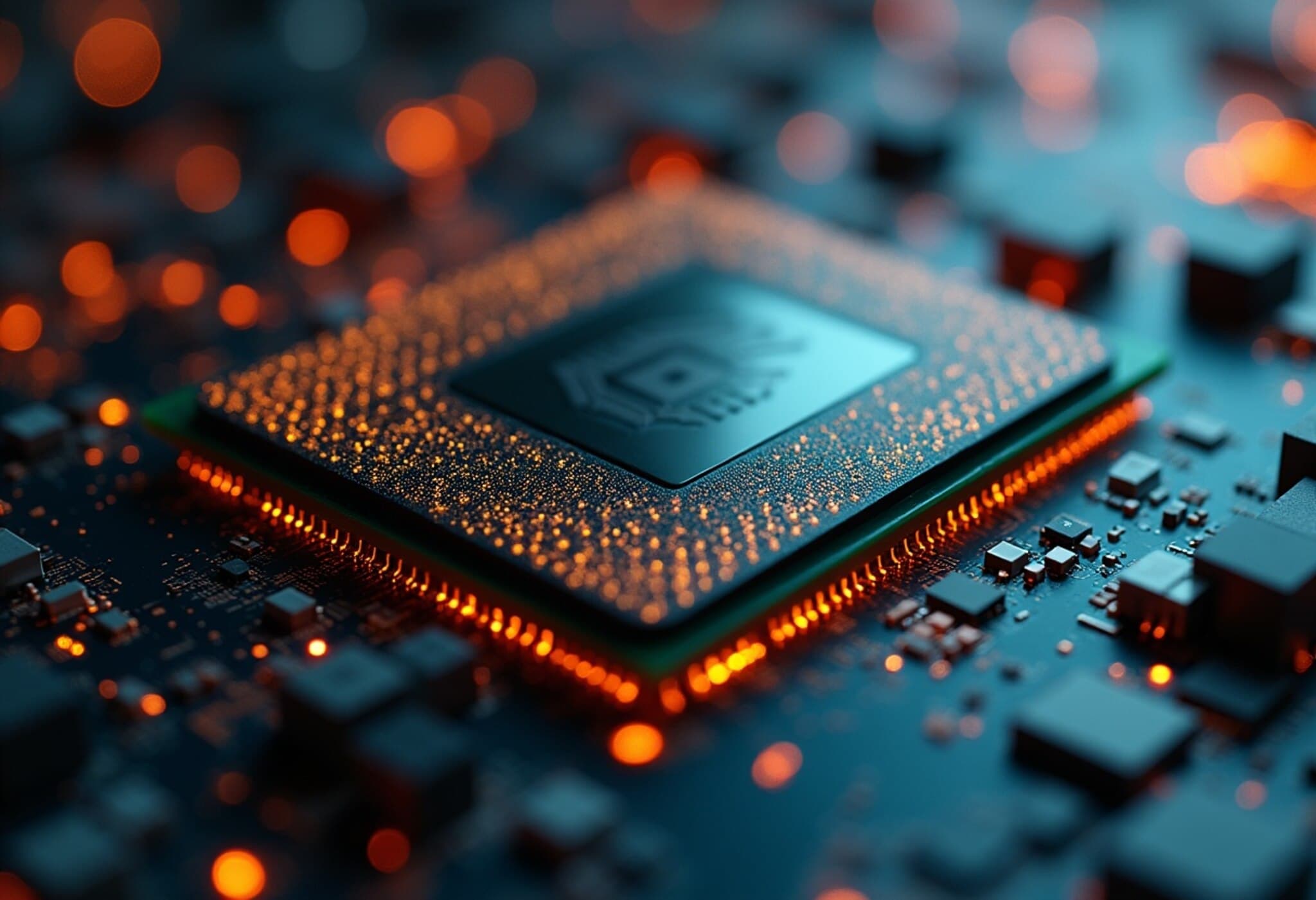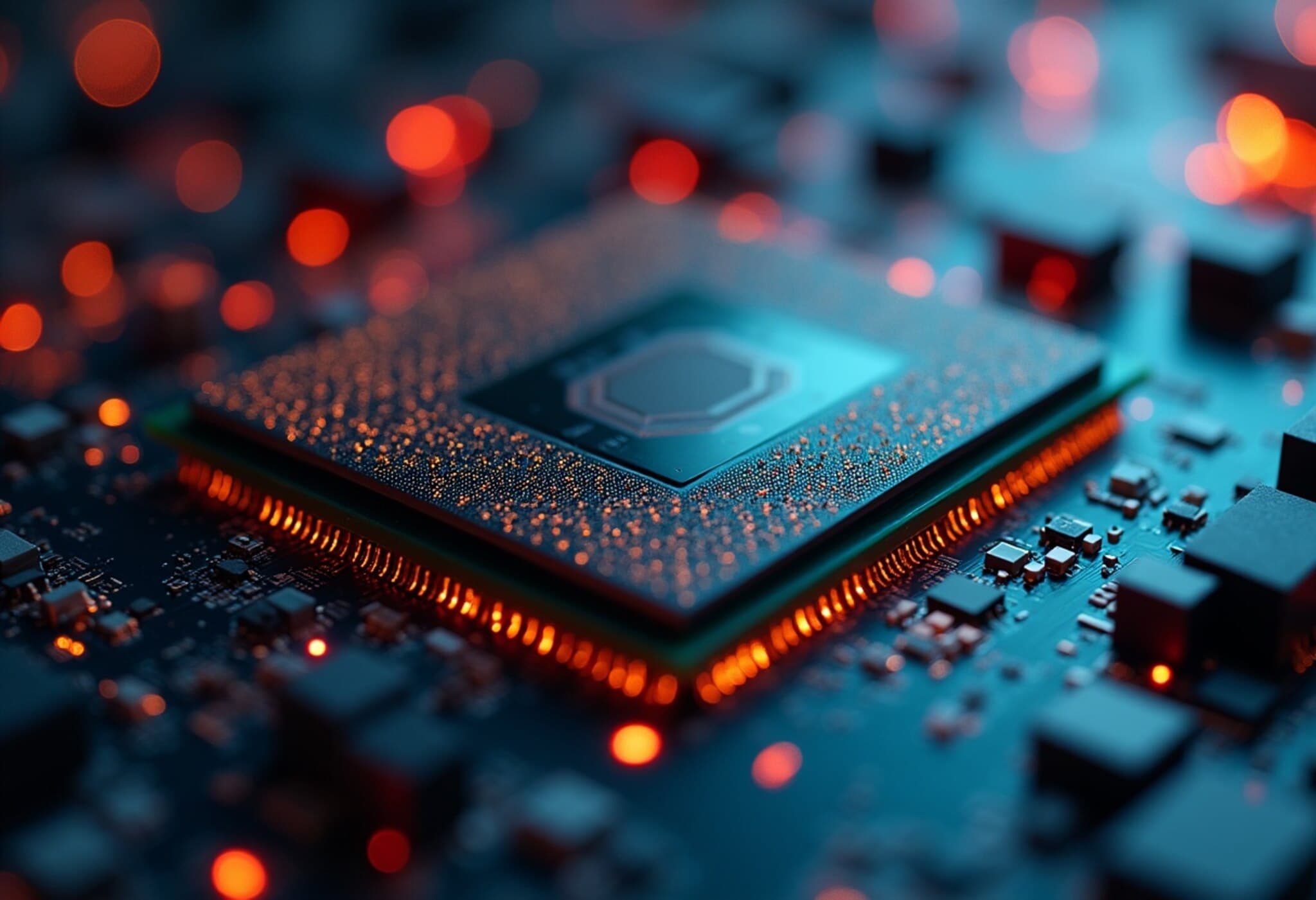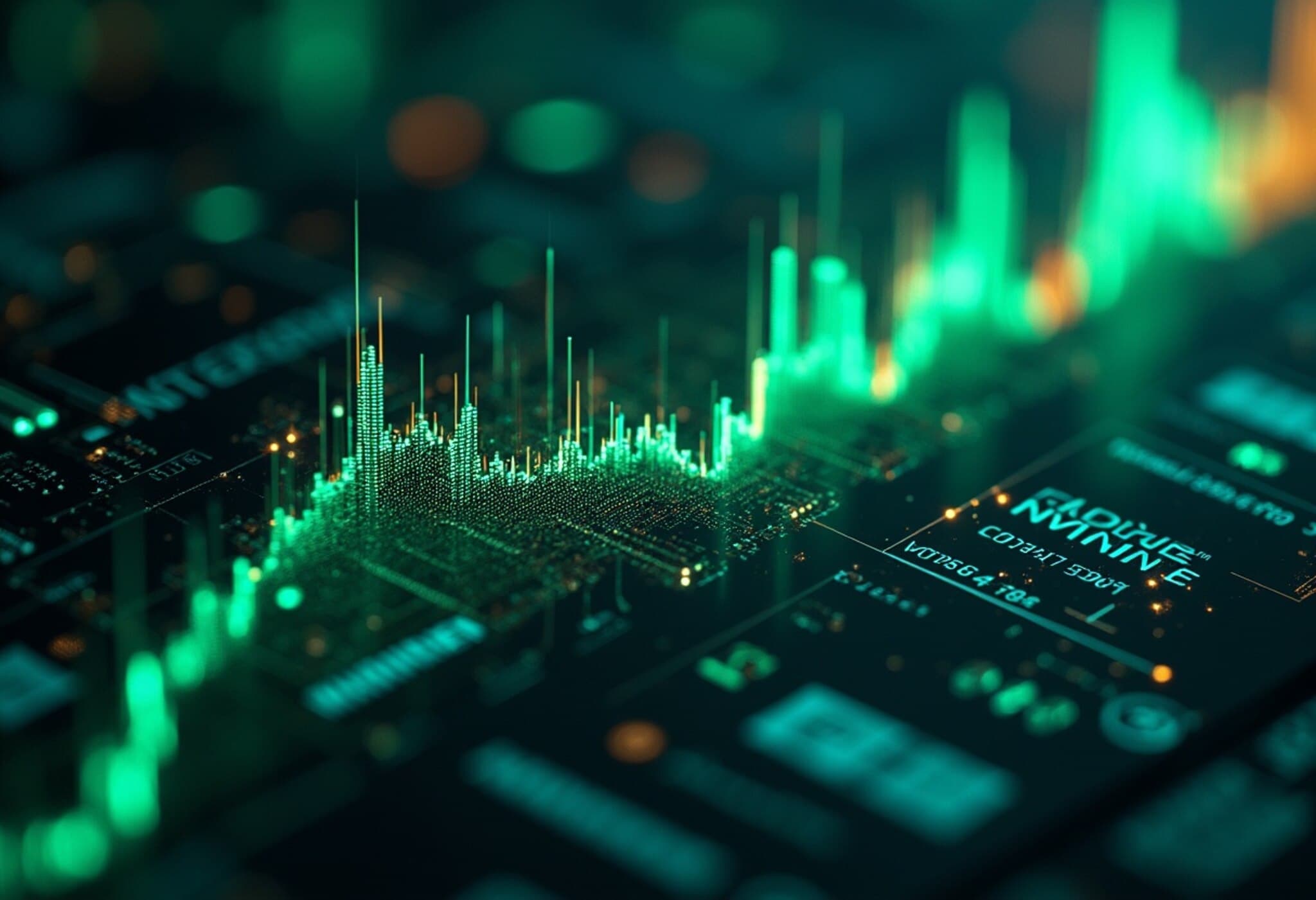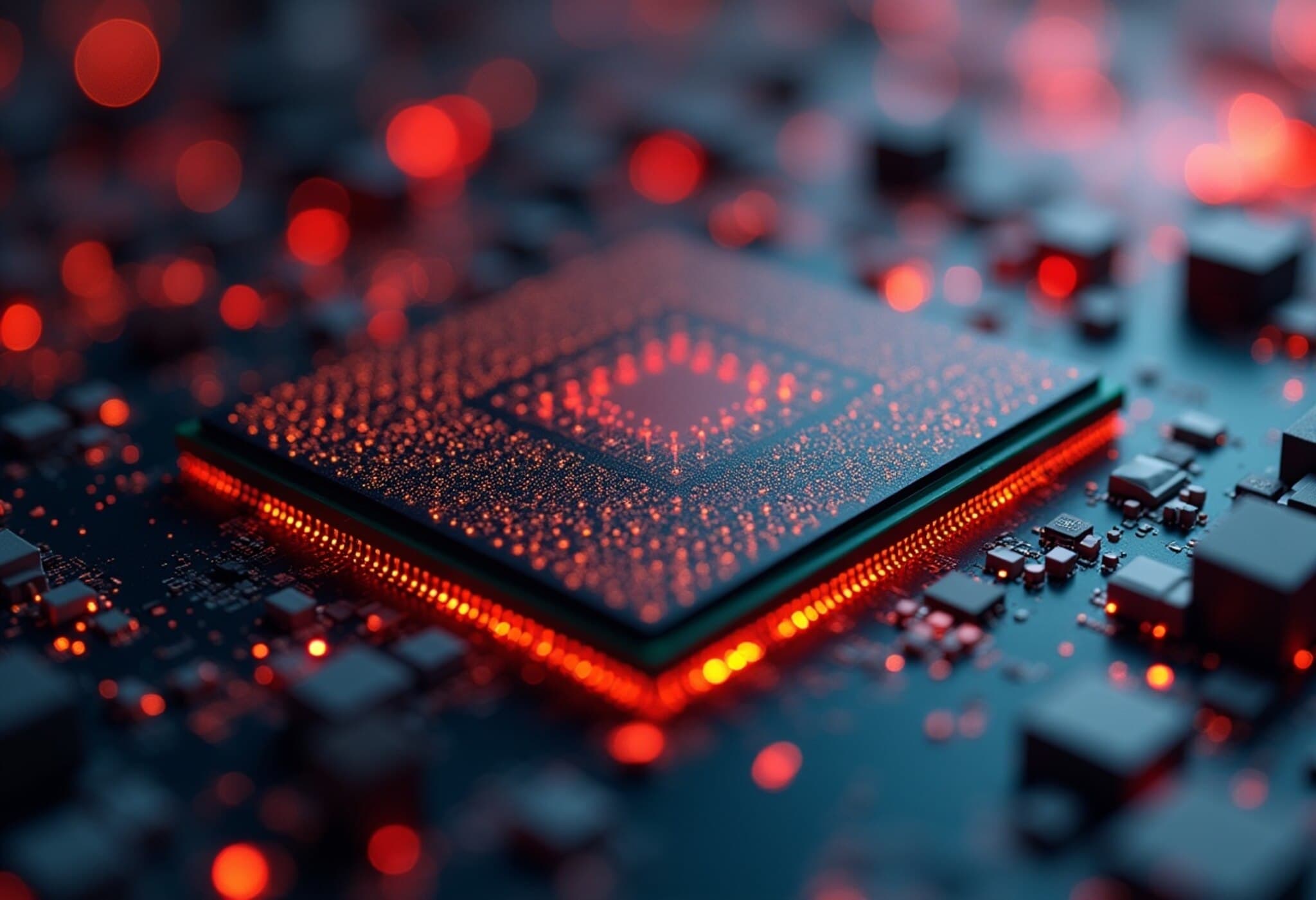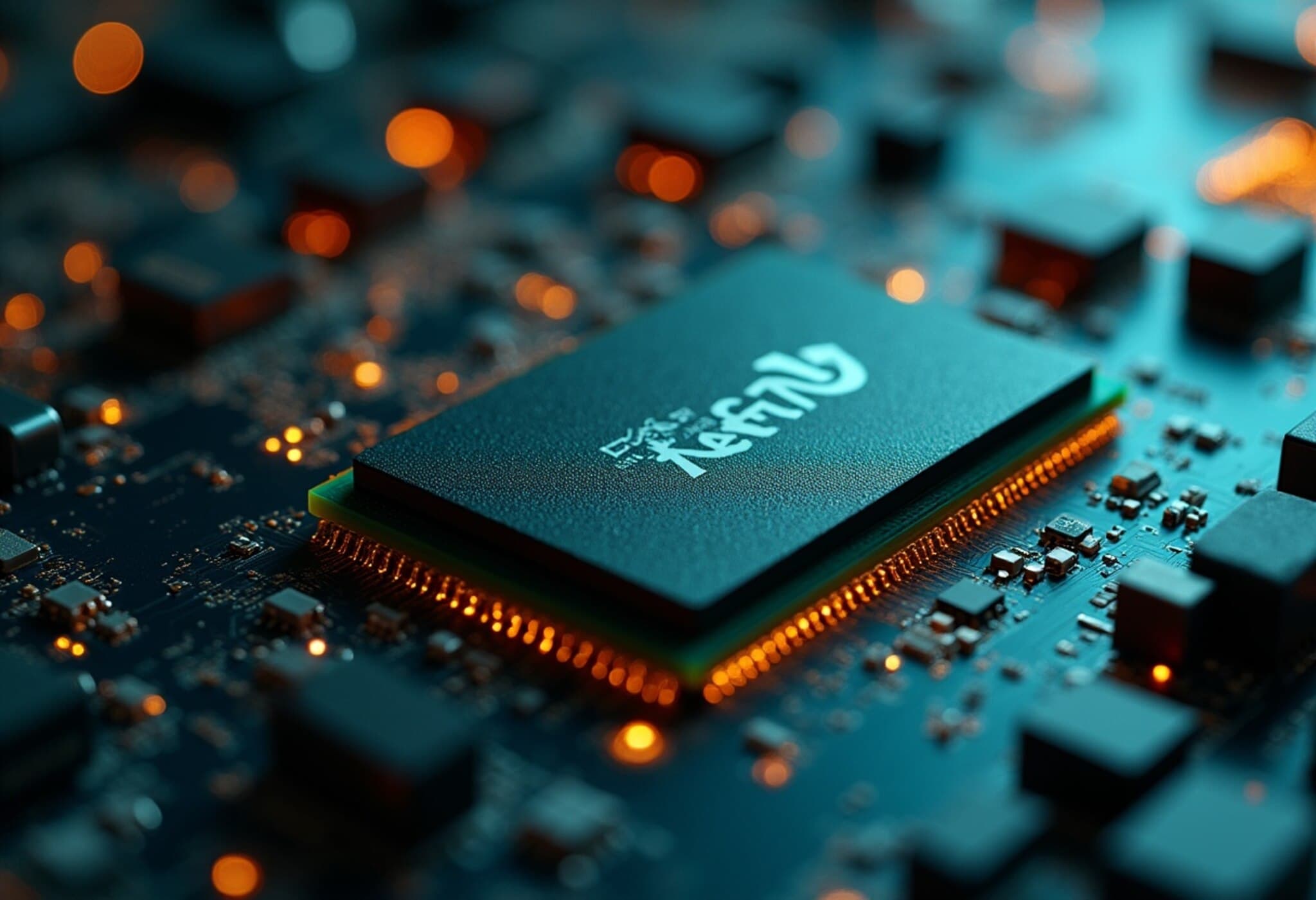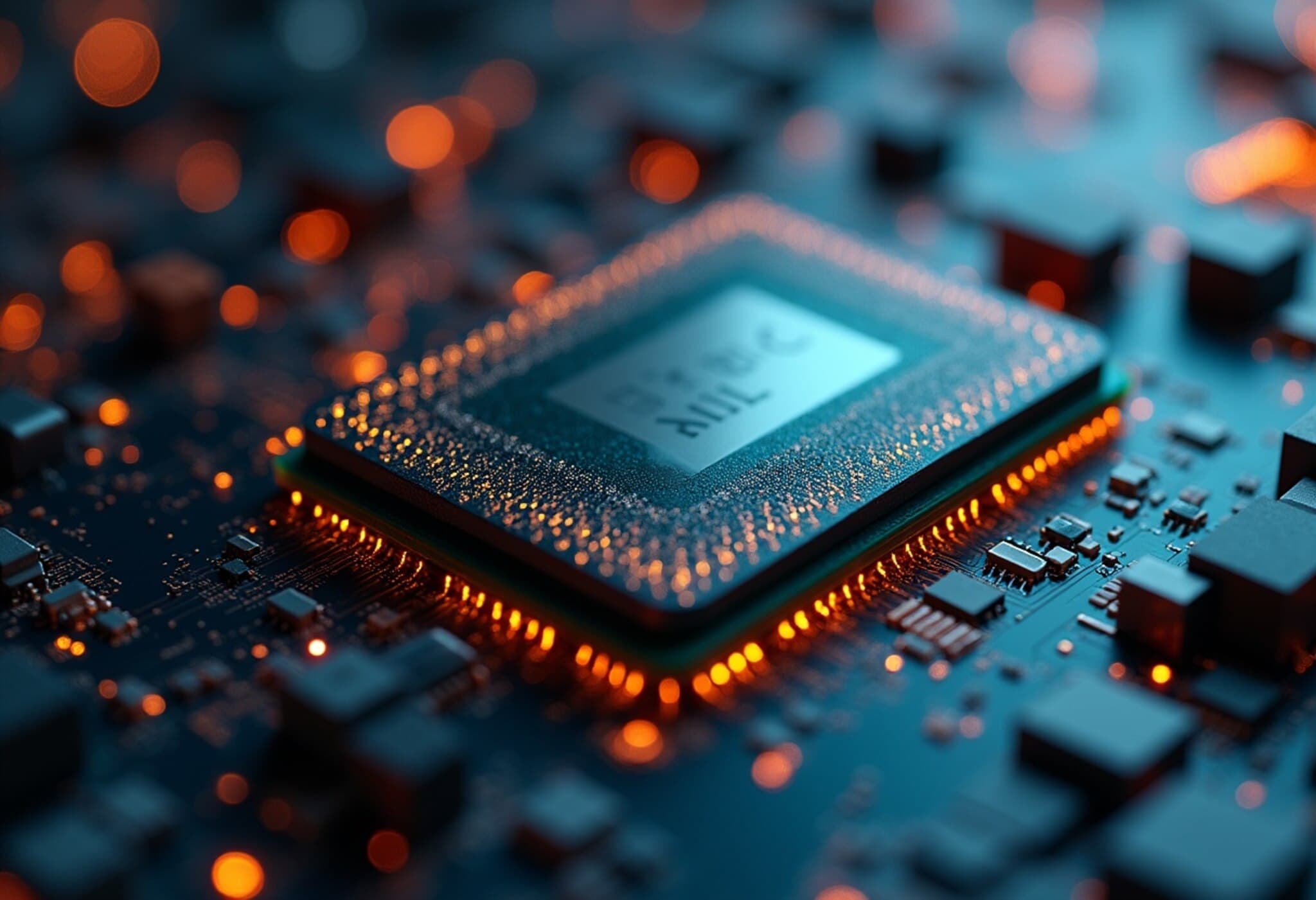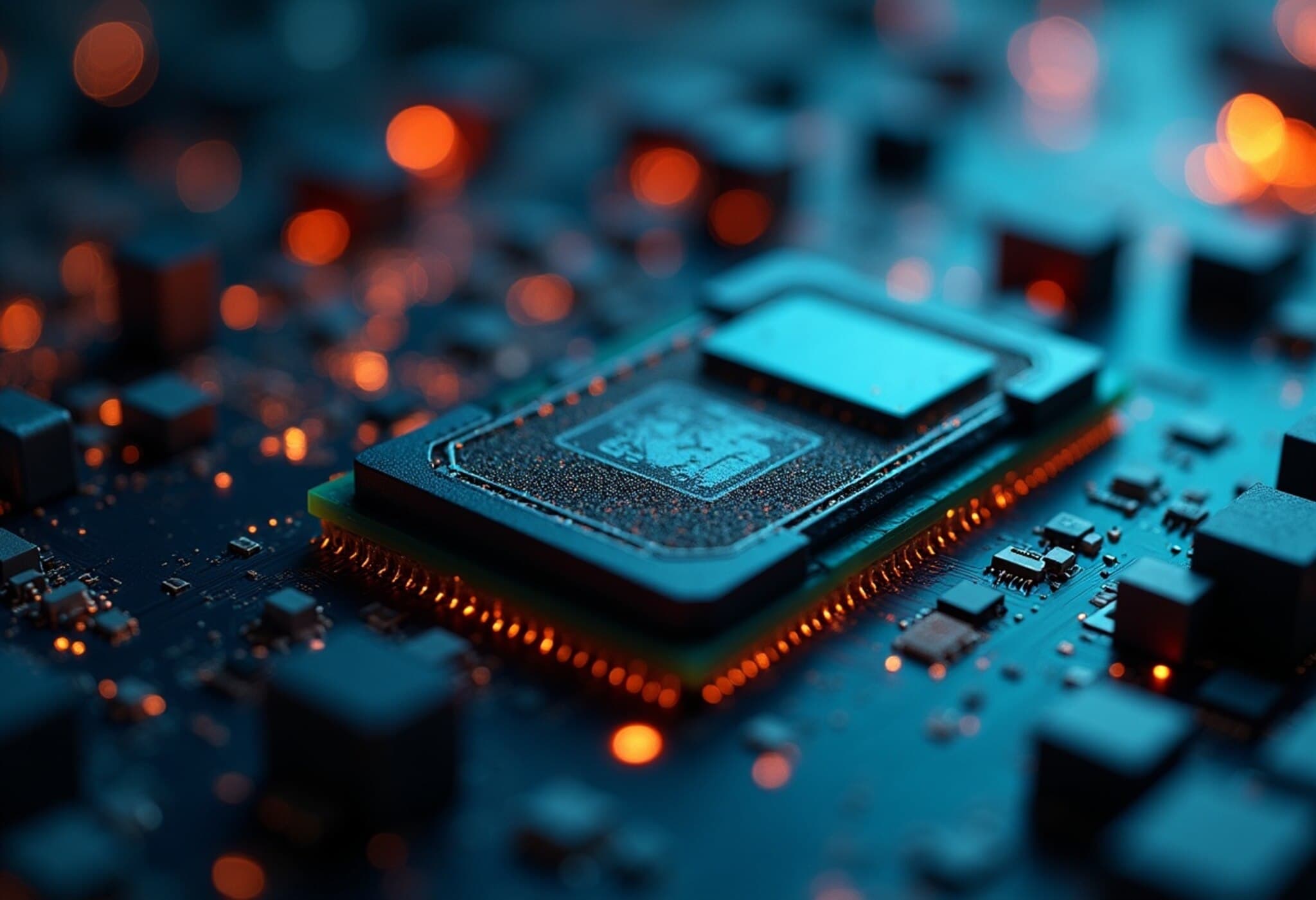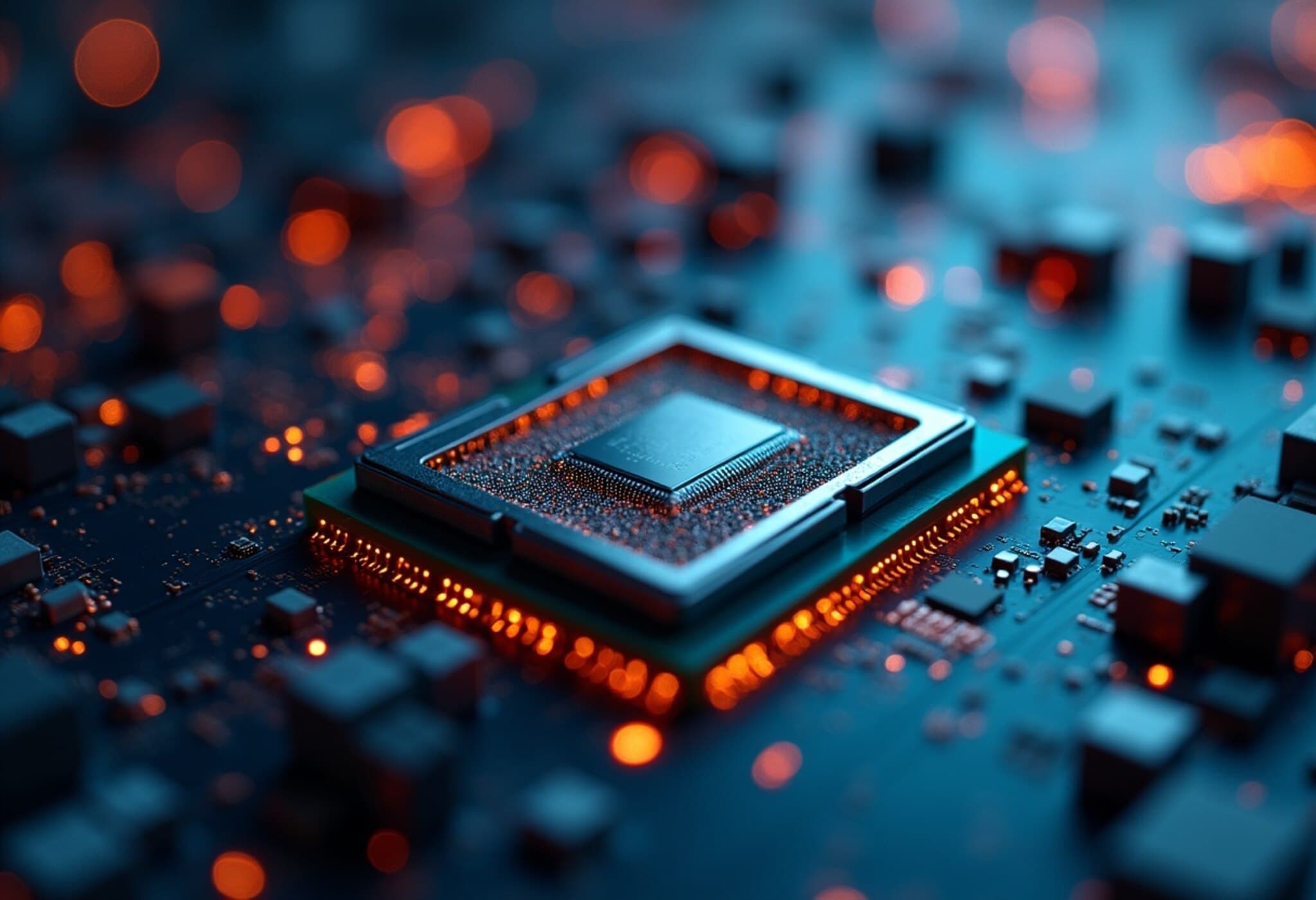Trump Reveals Negotiated Cut from Nvidia for China Chip Sales
In a recent press conference, former President Donald Trump disclosed that he initially demanded a hefty 20% cut from Nvidia's sales of AI chips destined for China. Following negotiations, Nvidia CEO Jensen Huang managed to dial down the percentage to 15%, allowing the tech giant to resume selling certain chips to Chinese companies under U.S. export control licenses.
Background: Export Controls and AI Chip Restrictions
These developments come amid ongoing U.S. export restrictions aimed at preventing China from acquiring cutting-edge artificial intelligence hardware that could potentially advance its technological and military capacities. The Biden administration had previously imposed strict controls on AI chip exports in 2023, reflecting broader concerns about national security in the face of rising competition in AI technologies.
Trump’s Take on Nvidia’s H20 Chip: Obsolete or Strategic?
Trump referred to Nvidia’s H20 chip as an "old, obsolete" model that China already possesses similar versions of, notably from companies like Huawei. He contrasted the H20 with Nvidia’s latest AI powerhouse chip, the Blackwell, which he described as "super-duper advanced" and unfit for export without severe performance restrictions, estimating that any deal would require a 30% to 50% reduction in capabilities to maintain U.S. technological superiority.
"Nobody in the world has the Blackwell chip; they won't have it for at least five years," Trump emphasized, underscoring the chip’s critical role in maintaining America’s AI edge.
Industry Perspective: Nvidia’s Pragmatic Approach
Jensen Huang has advocated for allowing Chinese AI developers access to U.S. technology, arguing that denying them Nvidia’s chips may inadvertently accelerate China’s independent chip development, potentially eroding U.S. leadership. Nvidia tailored the H20 chip as a restrained version of its high-end models specifically for China, slowing its performance to comply with regulations.
Yet, according to Huang, Nvidia anticipated about $8 billion in H20 chip sales for the recent quarter before export controls stalled shipments. A company spokesperson stated, "While we haven't shipped H20 to China for months, we hope export control rules will let America compete in China and worldwide," reflecting the delicate balance between commercial interests and national security.
Looking Ahead: Ongoing Negotiations and Industry Impact
Trump revealed that Huang is expected to return for further talks concerning export licenses for the Blackwell chips, signaling an ongoing dialogue between the tech industry leadership and U.S. policymakers. Meanwhile, AMD, Nvidia’s main competitor, has agreed to a similar 15% cut arrangement for its China-focused Instinct MI308 AI chip, illustrating a broader industry trend tied to export controls.
- Key points to watch:
- Will U.S. export controls evolve amid geopolitical and economic pressures?
- How will China’s chip development respond to these restrictions?
- What are the long-term implications for U.S. AI leadership and national security?
Expert Insight: The Regulatory Tightrope
From a policy analyst perspective, the current approach embodies a complex "tightrope walk" between restricting strategic technologies and supporting American businesses in a fiercely competitive global market. For the U.S., maintaining a technological head start in AI chips is a national security imperative, but heavy-handed restrictions risk spurring accelerated domestic innovation in China. Licensing arrangements like those involving Nvidia and AMD might represent pragmatic compromises — though they raise difficult questions about who ultimately benefits from such deals.
Editor’s Note
This episode shines a spotlight on the intricate interplay between technology, global commerce, and national security. As the global AI race intensifies, transparency around such licensing agreements is vital for public trust. Readers might consider how U.S. policy balances immediate economic gains against the far-reaching consequences of enabling or throttling China's AI ambitions. How will these nuanced negotiations shape the future competitive landscape in artificial intelligence?

